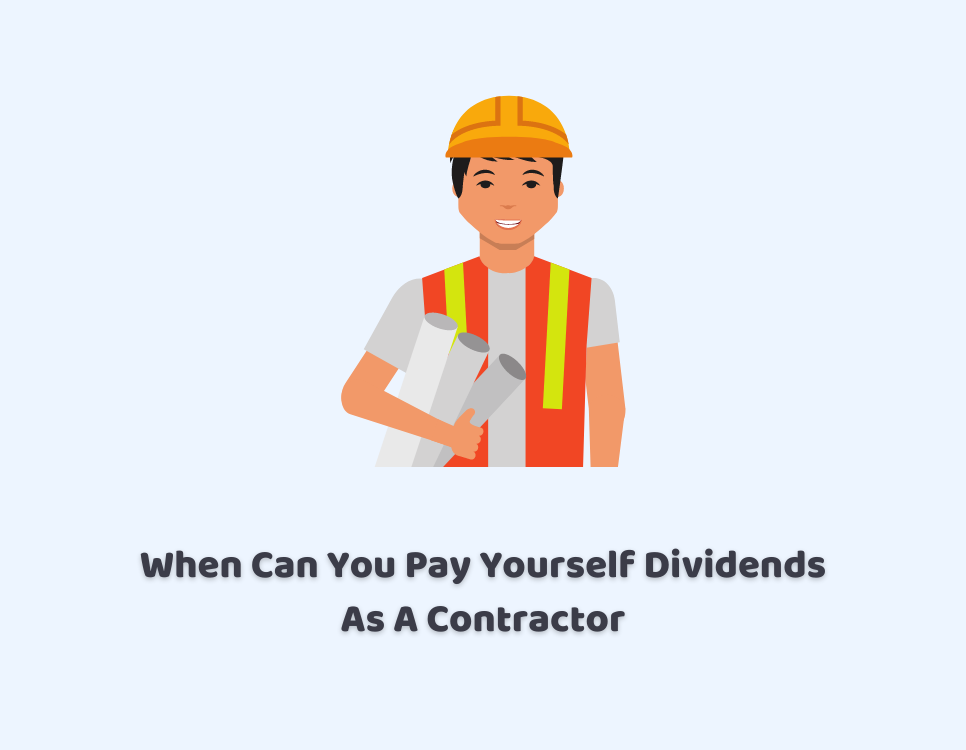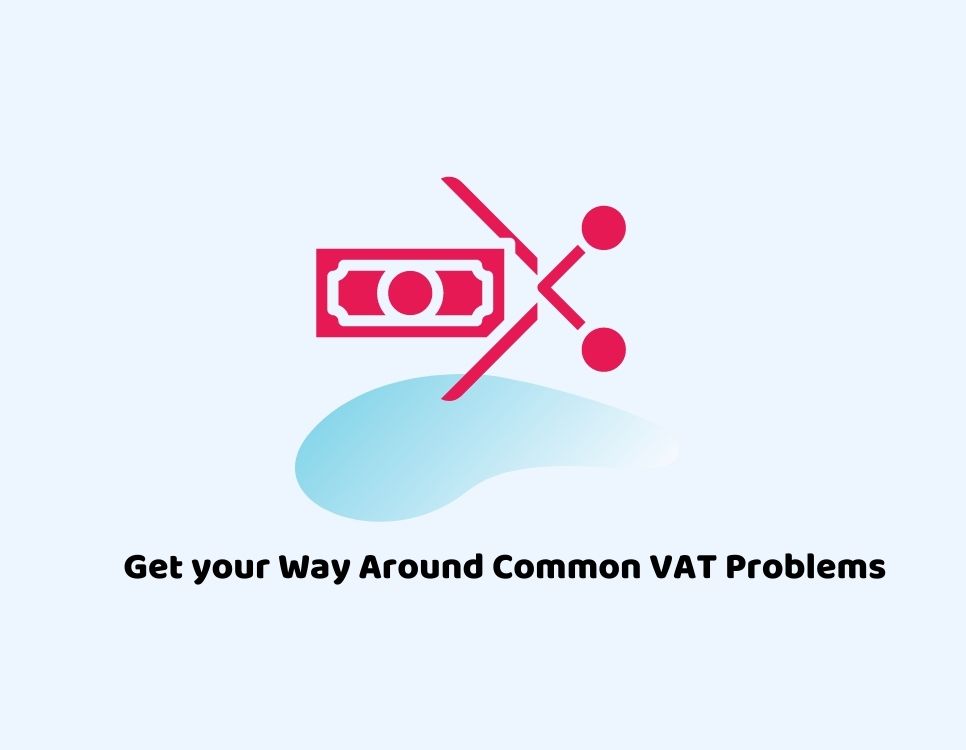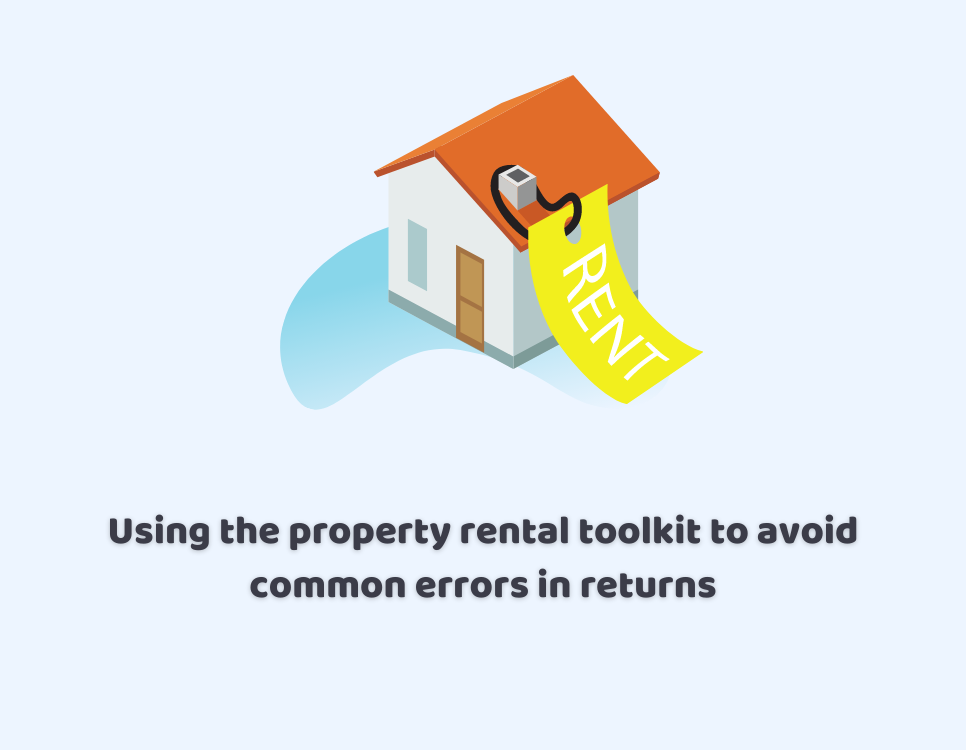06/07/2021Accountants , Accountants for Contractors
If you intend to work as a main contractor in the industry, you must register your business for CIS. You are required to verify subcontractors directly to HMRC if they work with you. By verifying the subcontractors HMRC means to keep a track of their registration whether it is already done or not. After registration …
Read more






